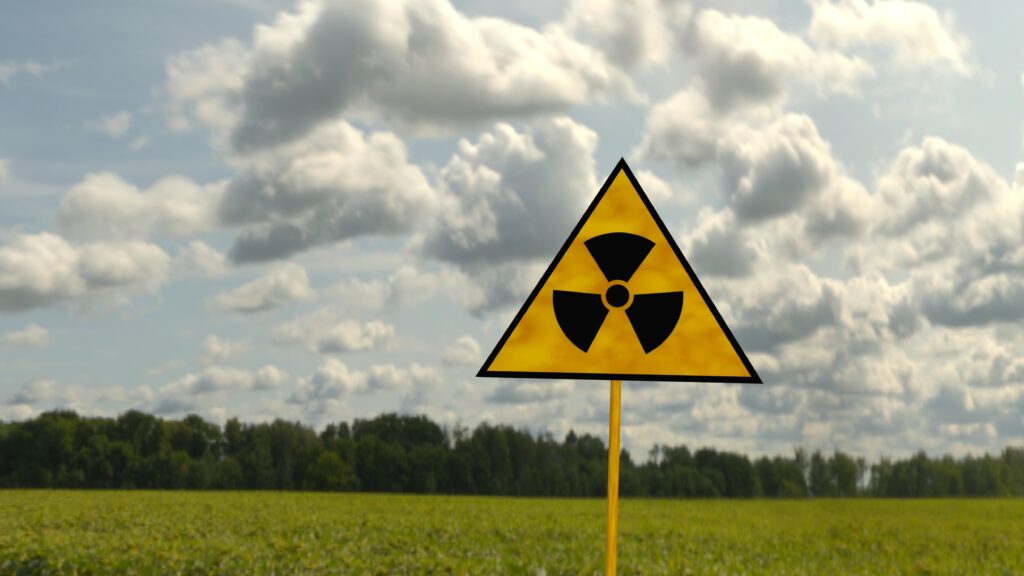Incidence of Cancer Diagnoses
in the Rocky Flats Region

Following WWII, the United States and Soviet Union found themselves locked in a superpower dynamic, with each relentlessly battling for geopolitical and military superiority. The Rocky Flats plant near Denver, Colorado was constructed in 1952 to manufacture nuclear weapons parts and support the global arms race. 40 years later, environmental law violations caused the plant to formally halt operations in 1992.
A class-action lawsuit was filed against Rockwell and Dow Chemical in 1990 on behalf of nearly 15,000 nearby property owners, who alleged that their land had been contaminated with plutonium. In 2017, a $375 million settlement was reached after nearly 30-years of litigation. However, an area that wasn’t addressed in the lawsuit was the potential long-term health ramifications caused by the plant.
Limited awareness, funding shortfalls, and other challenges have made research difficult since health concerns from the plant were first raised. Dr. Carl Johnson, former head of the Jefferson County Health Department, had released data at the time that suggested that Denver’s overall cancer were rates were high Denver’s overall cancer rates were high, especially the areas around the plant, where properties near the plant had exceeded the state’s plutonium soil contamination standard sevenfold.
Intrigued by the plant’s history, research students from the University of Denver were interested in the potential health impact for those living in the surrounding area. Specifically, they were hoping to measure the incident rates of certain cancers for people living near the former plant, compared to the rest of Colorado. A better understanding of the prevalence of cancers and other avoidable medical issues, in certain locations could lead to better directions of future research.
To initiate this analysis, the first collection of data from the CO APCD, measured the incident rates of:
- Breast cancer
- Acute lymphoblastic leukemia
- Bone marrow biopsy
- Lung cancer
- Pulmonary fibrosis
From there, they would compare the totals of the entire state to areas surrounding the plant, covering five different zip codes in the cities of Superior, Broomfield, Arvada, and Westminster.
The results for this research are still underway, as the onset of COVID-19 altered the dates of the project. The researchers plan on continuing their work and hope to create more awareness surrounding the health impact of the Rocky Flats plant.
